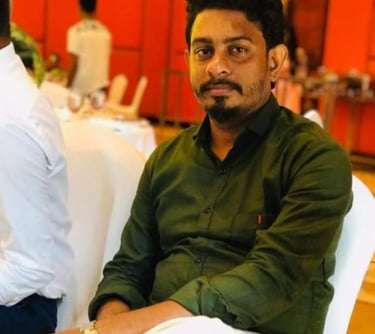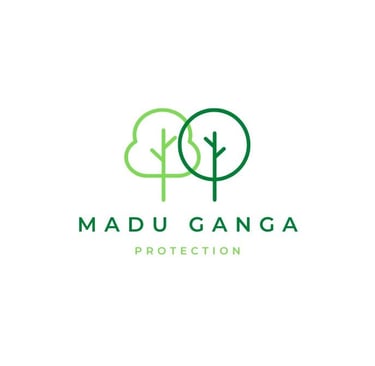Sustainable Eco-Tourism
Experience the breathtaking beauty of the Madu Ganga wetland while supporting conservation efforts and local communities through responsible, sustainable tourism practices.
fundraising tour
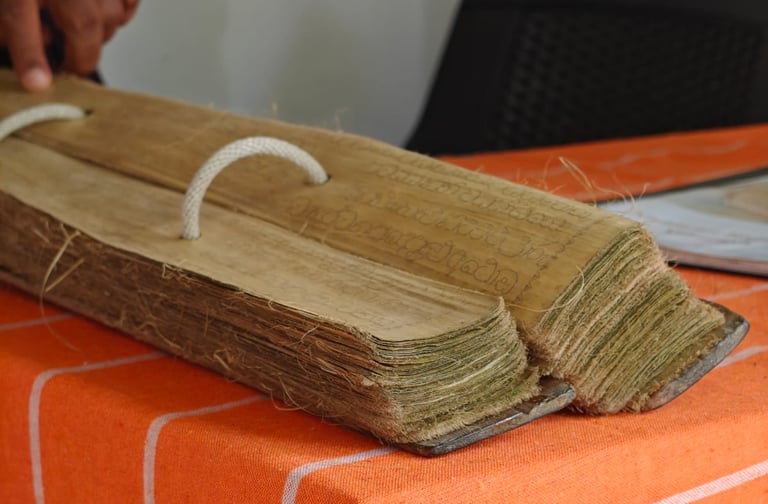

Cultural Heritage Sites
Discover the rich cultural heritage that has coexisted with the wetland ecosystem for centuries.
Kothduwa Temple
Historic Buddhist temple on a small island, accessible by boat. Features ancient murals and peaceful meditation spaces.
Cultural Significance
Dating back to the 12th century, this temple has been a spiritual center for local communities.
Visitor Information
Open daily 6 AM - 6 PM. Modest dress required. Photography permitted in courtyard only.
Cinnamon Islands
Traditional cinnamon cultivation and processing demonstration. Learn about Sri Lanka's famous spice industry.
Cultural Significance
Centuries-old cultivation methods still practiced by local families.
Visitor Information
Guided tours available 9 AM - 4 PM. Includes tasting and purchase opportunities.
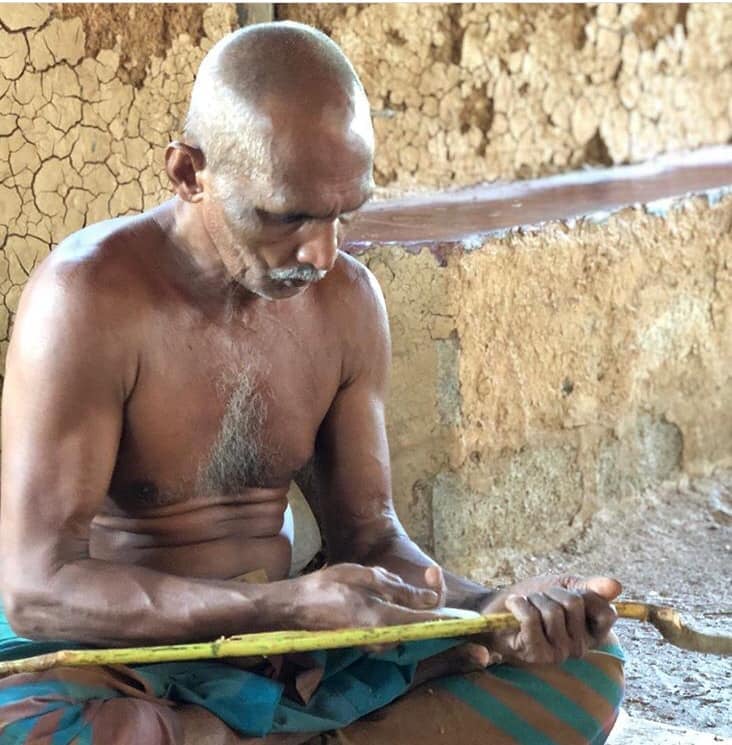

Traditional Fishing Island Village
Experience authentic fishing community life and traditional boat building techniques.
Cultural Significance
Fishing families have lived sustainably with the wetland for generations.
Visitor Information
Community-guided visits. Advance booking required to respect privacy.


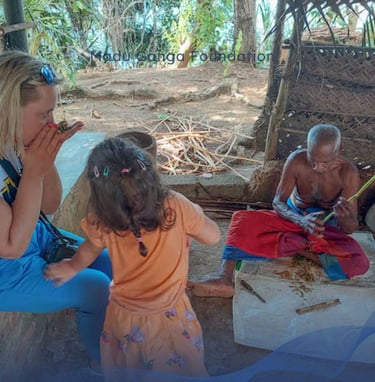

Mangrove Lagoon Tunnel
The safari usually begins by cruising through narrow water channels covered by dense mangrove forests.
The mangroves form natural tunnels, creating a peaceful, shaded path over the water.
These forests are home to many species like birds, crabs, and reptiles, and they play a vital role in protecting the coastline from erosion and storms.
It’s also a great spot for birdwatching and photography!
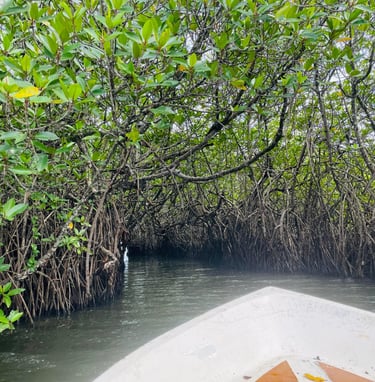

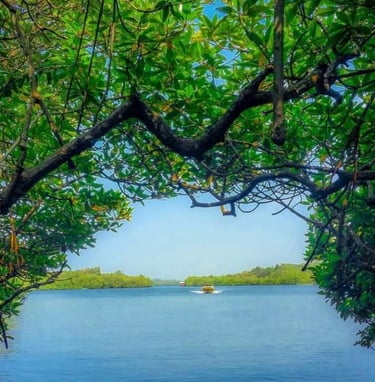

SathaPahaduwa (Sathapahaduwa) Island
This island is home to a small Buddhist temple, known as "Satha Pahaduwa" (which means "Seven Bodhi Leaves").
It is believed to be centuries old and holds cultural and spiritual significance.
Visitors can walk around, light oil lamps, and take a moment to enjoy the serene and peaceful surroundings.
The island is also rich in history and offers beautiful views of the river.
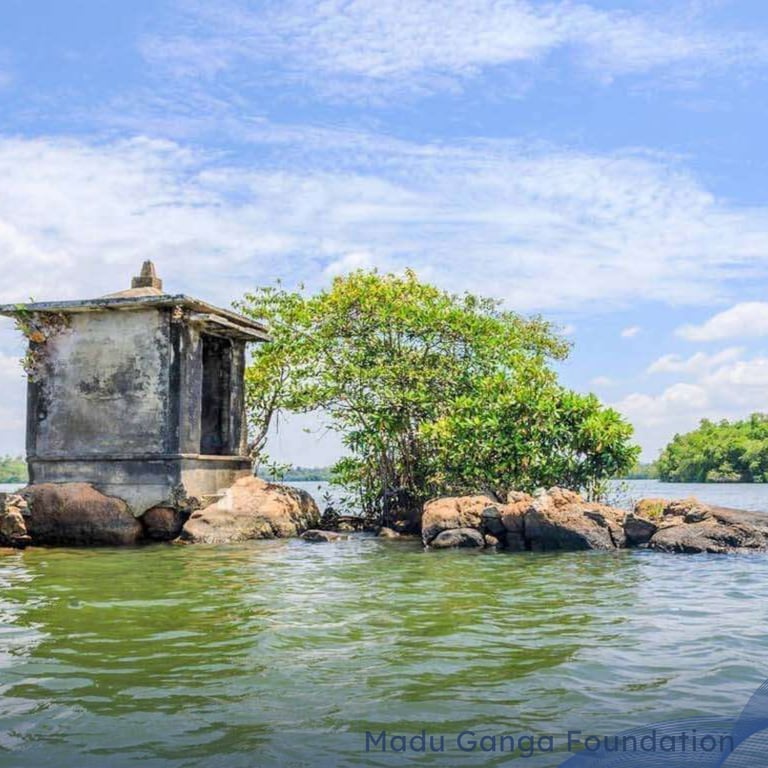

Bird Island
This is a small mangrove-covered island where various bird species nest and rest.
You can observe birds like kingfishers, herons, cormorants, egrets, and more.
Best visited early in the morning or late afternoon when the birds are more active.
It’s a paradise for nature lovers and photographers!
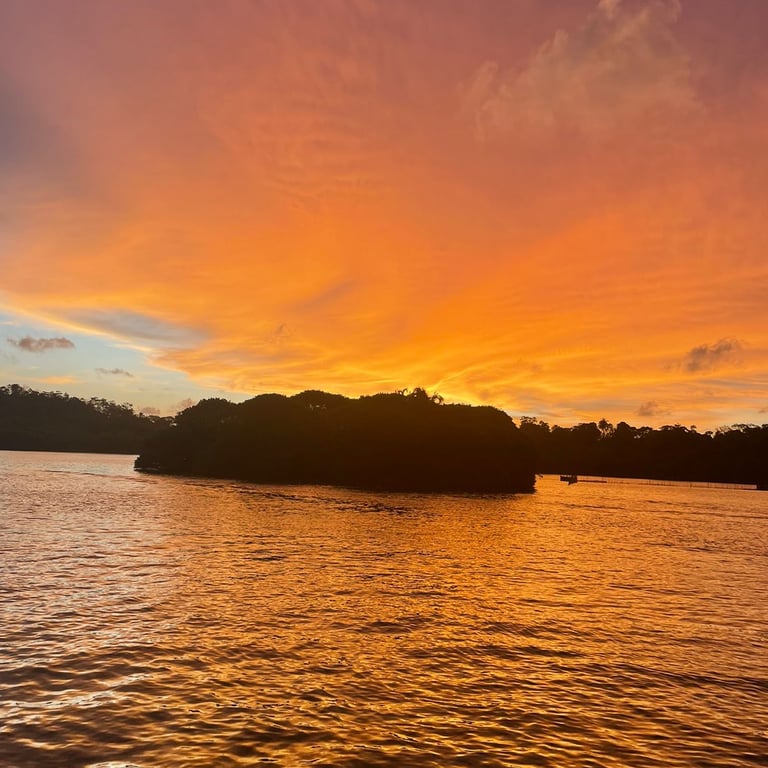

The Madu River Safari is a relaxing and educational boat tour through one of Sri Lanka’s most beautiful and ecologically rich wetland areas. Here’s what you can typically experience during the journey:


Problem Statement
Madu River in Sri Lanka is a beautiful and ecologically significant water body, attracting tourists from around the world. However, the traditional motorized boats used for safari tours on the river contribute to noise pollution, air pollution, and harm the delicate ecosystem of the area. This project aims to address these environmental concerns and enhance the tourist experience through the introduction of solar-powered boats.
Benefits
Environmental Sustainability: Reduce pollution and minimize the ecological impact on Madu River.
Enhanced Tourist Experience: Offer a unique, quiet, and serene safari experience.
Economic Opportunities: Create job opportunities for local communities involved in boat operations and maintenance.
Educational Value: Raise awareness about the importance of preserving natural resources.
Community Engagement: Foster community involvement in tourism and conservation efforts.
Visitor Guidelines
These non-negotiable guidelines ensure that your visit contributes to conservation while providing an authentic, respectful experience.
Group Size Limits
Maximum 8 people per boat to minimize disturbance to wildlife and mangrove roots.
mandatory
Wildlife Photography Ethics
Maintain distance from nesting birds. No flash photography. Respect animal behavior.
important
Designated Pathways Only
Stay on marked boat routes and designated walking areas to protect sensitive habitats.
mandatory
Quiet Hours Respect
Early morning and evening are critical feeding times. Keep noise to minimum during these periods.
important
No Feeding Wildlife
Feeding disrupts natural behavior and can harm animal health. Observe only.
mandatory
Local Guides
Our certified guides are local community members trained in conservation practices, wildlife knowledge, and sustainable tourism principles.
Supun Ranjan
Experience:8years
Specialties:
Bird watching,Mangrove ecologyTraditional fishing
Languages:English, Sinhala, German
Priyani Fernando
Experience:12 years
Specialties:Cultural heritageMedicinal plantsWomen's cooperatives
Languages:English, Sinhala
Navidu chandani
Experience:8 years
Specialties:Photography toursYouth educationSustainable practices
Languages:English, Sinhala
No Littering Policy
Carry all waste out with you. Help keep the wetland pristine for wildlife and future visitors.
mandatory
Our team
Lakmal Anthony
Founder / director


Ravindu Anjana
Director


Kalpa Ishan
Member
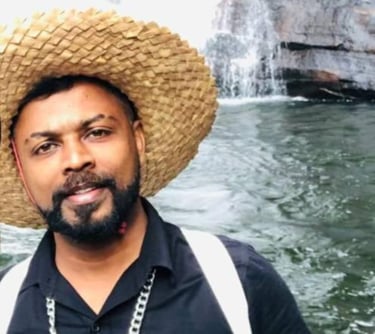

Dumindu Janaka
member
